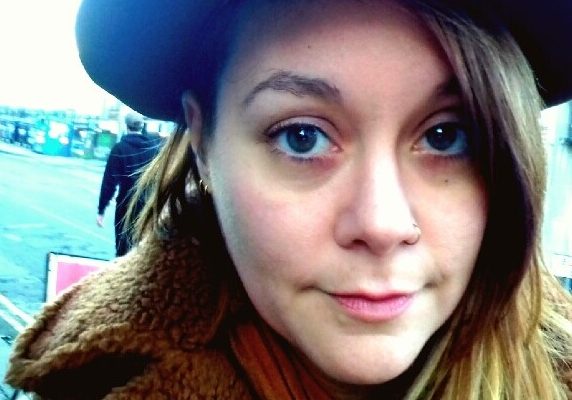I’m Gemma, an autistic researcher based at the Centre for Resilience and Social Justice. My PhD work looked at communication between autistic and non-autistic people from a linguistics perspective: reframing breakdowns in understanding as a two-way problem. In October 2021 I’m starting a 15 month research fellowship under the mentorship of Angie Hart and funded by the Economic and Social Research Council. As part of the fellowship I’ll be working co-productively with a stakeholder group to develop recommendations for policy and practice around communication between autistic and non-autistic people in health and social care settings, as well a writing a book, and co-producing some animated videos about my research findings with Figment Arts.
I feel like I’ve had many lives! Before my PhD I taught English to international business professionals as well as resident asylum-seekers and migrant workers. I’ve also delivered 12 babies as part of the midwifery training I began, worked in Caesarean section theatres, collected swarms of bees from rooftops and treetops in my 16 years as a beekeeper and toured Europe and Russia several times as a solo musician.
Right now my focus is on disability rights, health and social care policy and kindness. I’m also an Associate with the National Development Team for Inclusion (NDTi) as part of the autism team working on policy-related reports focused on improving autistic wellbeing within services. We recently co-produced “It’s Not Rocket Science”, a resource thinking about sensory needs / adaptations on CAMHS inpatient wards. The report was co-produced by young autistic people with experience of CAMHS inpatient treatment centres, and autistic ‘Experts by Experience’. A previous project identified that autistic Experts by Experience were struggling to enter and remain in hospital settings to conduct reviews, due to the sometimes very challenging sensory environments. It made them wonder what these spaces must be like for the young people actually staying there. The report describes the often very different sensory profiles of autistic individuals, shares some the sensory challenges that autistic young people have faced, and offers useful suggestions for some small, and some not so small, ways in which these sensory environments can be improved.
“Small changes that can easily be made to accommodate autism really do add up and can transform a young person’s experience of being in hospital. It really can make all the difference.” – Beth W
